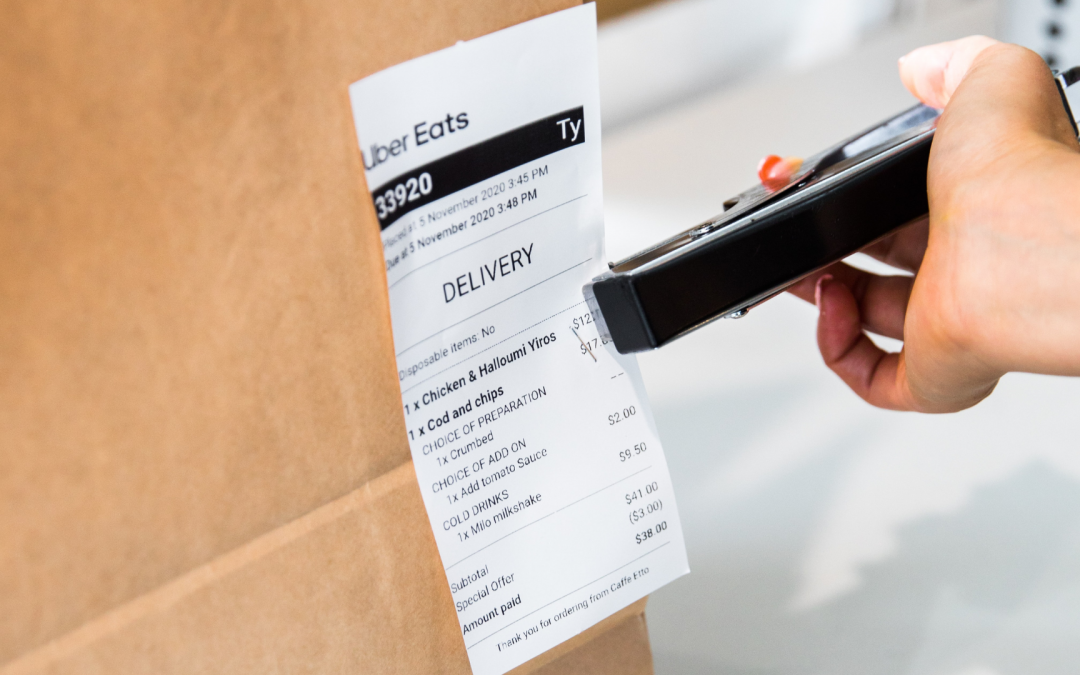If you are in business, you may already be in the habit of keeping receipts. If you use Dext or something similar as part of your bookkeeping, receipts and invoices may already be integrated into your Xero.
The conventional wisdom for keeping receipts is that if you need to claim anything over the value of $82.50 (at current, according to the Australian Taxation Office), you will need evidence in the form of a tax receipt.
However, if you want to claim the GST paid on these receipts, it’s best practice to keep all of your receipts.
Even if you claim for an item that seems trivial, the ATO may not see it in the same way.
What The ATO Says
The best bookkeeping advice is to keep a receipt for everything you want to claim the GST on. You aren’t supposed to claim GST on any item or service you’ve purchased if you don’t have a tax invoice for it.
Even if that’s a two-dollar pen, you cannot claim the GST paid on the item unless you have evidence in the form of a tax invoice – not a receipt – but a tax invoice with the date, GST paid, ABN/ACN, business name and address, and goods or services rendered.
Though you may not need tax invoices for claiming tax deductions as part of your income tax, this is a separate accounting issue.
Differences between claiming GST and tax deductions
As of Financial Year 2022-23, you are technically not supposed to claim any GST back on purchases you do not have a tax invoice for.
However, if you are a sole trader, you can claim tax deductions under the $82.50 threshold as part of your income tax return.
What you should do with receipts
Though we’re all human, and we forget sometimes, your accountant or outsourced bookkeeper isn’t going to expect 100% receipt-keeping perfection.
A perfectly achievable goal is having at least 80% of your receipts kept either in paper form or electronically.
If you find your business growing from one that made $250,000 turnover to $1 million turnover, having good receipt records is essential. The ATO may knock on the door for an audit, and ask for five years of expenses. If you don’t have that on hand, you may be in serious trouble.
Separating personal and business expenses
Though it may sound obvious, it bears repeating: you need to separate your personal and business expenses. If you reconcile your bank account with Xero and use a registered BAS agent, putting through personal expenses with business expenses can not only land you in hot water but your BAS agent as well.
The punishments aren’t pretty – you could end up paying massive fines and penalties.
What you can do
If you haven’t got Xero or Dext or similar cloud bookkeeping software set up, it’s best to set it up as soon as you can. If you aren’t in the habit of collecting receipts, start putting them aside in an envelope or folder – somewhere that’s accessible for ease of collection.
Once you form a good receipt-keeping habit, it can help you make more GST claims, as well as avoid any negative entanglements with the tax office.
So, which business receipts should I keep?
All of them!


Recent Comments